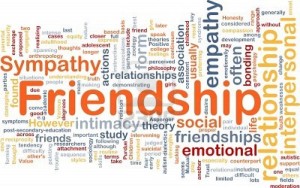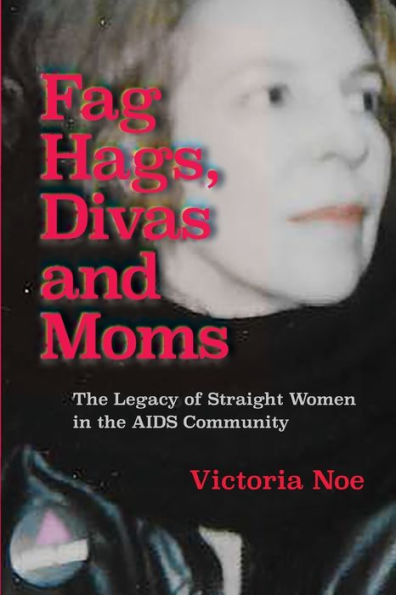The Grief That Takes You by Surprise
 They seem to come in waves. You go for months, even years, when no one close to you dies. And then, bam: two or three or four in a matter of weeks. I remember a year when everyone I knew seemed to lose a parent, including me. But lately I’ve heard from several people who have lost a best friend.
They seem to come in waves. You go for months, even years, when no one close to you dies. And then, bam: two or three or four in a matter of weeks. I remember a year when everyone I knew seemed to lose a parent, including me. But lately I’ve heard from several people who have lost a best friend.“I’m angry,” insisted the minister in The Big Chill. “And I don’t know what to do with my anger.” These people feel a lot like that minister.
We expect those older than us – grandparents, parents, aunts and uncles – to die before us. But no one anticipates losing their friends. Some of those losses are normal: as we age, those around us will die. My mother is 88 and has few friends left. That’s to be expected.
I was 16 when I first attended a funeral for someone near my own age. It was a guy I’d grown up with, the older brother of a friend. He was in his early 20’s and was killed the first week he arrived in Vietnam. I remember sitting in the back of church as the procession slowly made its way up the aisle. For a moment, his casket was next to me, and I can still remember how my whole body tensed up at the thought of him in it.
His wasn’t the only funeral I attended of someone young, close to my age. There were a couple girls from my high school class. One died from cancer while we were still in school; the other in a car accident the summer after graduation. There was another guy I grew up with who was killed in Vietnam. Then things calmed down, until the 1980’s.
All around me, gay men I knew socially or worked with were dying of AIDS. It was a dark, frightening time, compounded by homophobia and ignorance. They seemed to disappear overnight. You’d see them and realize they looked thinner, even a bit frail. They complained of lingering coughs or fevers. And then…they were gone.
In the last fifteen years, most of the friends I’ve lost have died from cancer. Others, closer to my mother’s age, have died from heart disease. But the grief did not lessen, even if those deaths were a blessing after much suffering.
When I started the Friend Grief series, a Google search of the top 100 results (yes, way past the first page) for "grieving the death of a friend" yielded more for people grieving the death of a pet than a human friend. That’s changed, though pets are still a popular result.
Maybe you’re lucky. Maybe none of your friends have died. But someday they will. The first one will be a shock: the fact of it and your reaction. The next ones will not be any easier, I’m sorry to say.
You will be blindsided more than once by friends who did not want to share their illness outside of their families, and that will make you angry. The knowledge that it was their right will not make you feel any better.
So what to do?
You can’t avoid the grief that comes with losing your friends. They are a part of you, personifying different periods of your life. You are who you are today because of your friends. And that’s a very good thing, isn’t it?
All we can do, in the end, is treasure our friendships. Reach out in whatever way makes sense: email, text message, phone call. Get off your butt and meet in person for coffee or a drink. Plan a weekend getaway. Stop making excuses and make plans.
Because those people who just lost their friends would give anything to be able to do that again.

